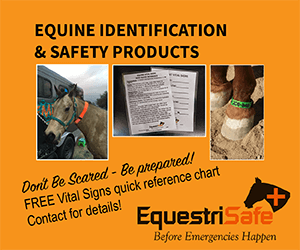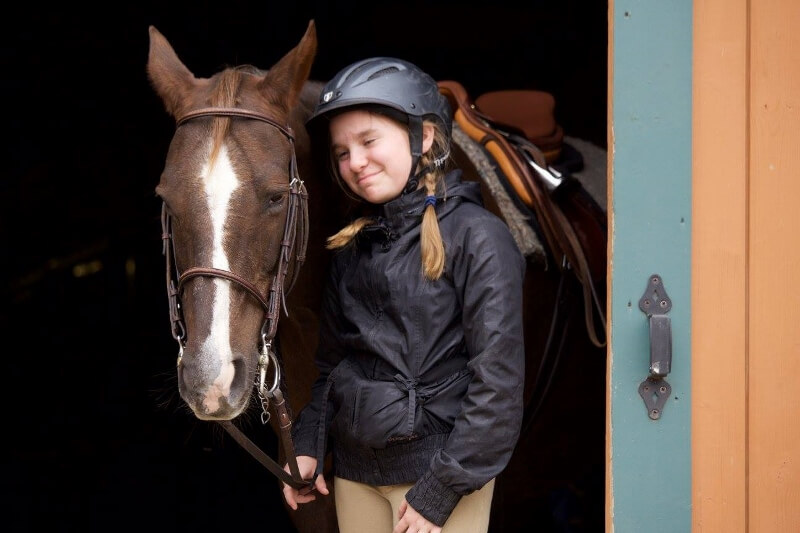Pay Attention to Your Horse’s Environment After the Stress of a Show
By Michael Hipp
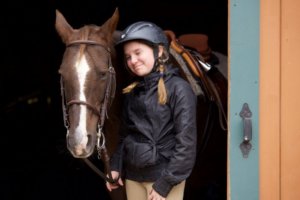
Whether we’ve roped at a rodeo or performed our best at a dressage show, our end-of-the-event routines tend to be the same: we load our horse in the trailer, pull out of the parking lot, arrive at home, unload, throw some hay, and go inside for a late supper and a hot shower before bed. Sound about right?
We’ve all been there a time or two. But are we missing something? I think so. There are things we can do that make our post-performance experience better for our horses and insure our next performance will be better. Being more attentive to our equine friend’s environment upon their arrival home after the show is as important as all that came before.
Slow Down — Together
At the end of your performance you’re exhausted. You’ve been at a high level all day, paying attention to every detail with every breath; now you can relax. Don’t forget that your horse has gone through the same experience with similar emotions and tension. And they did it all for you, helping you do your best and making you look as good as possible.
You are their herd, so take some time afterward to connect with them and let them know you appreciate them. And not just 30 seconds, take two minutes or more. Two minutes to us can be a short time but to a horse it can seem like much more and means the world to them.
The Trailer
Before loading up your horse make sure your trailer is a relaxing sanctuary away from the tension and activity of the arena — not another scary experience to be lived through before they get home. Provide adequate lighting so they can see and relax their prey-animal minds from looking for predators. Provide soft, absorbent bedding to give their hooves a rest and reduce smells from urine.
Close windows on the road side of the trailer to reduce visual stimuli and dangers. If you feel the need to open windows open them on the opposite side to provide air and a relaxing pastoral view. Provide plenty of good hay to give them calories and comfort.
The Stall
The stall should be a destination your horse looks forward to at the end of a hard day, like you look forward to your bed with clean, warm sheets and a soft pillow. I recommend setting it up before you leave so that the time after you get home can be more focused on your horse. Make sure it’s clean with fresh bedding. I like to strip mine and have all new for after a performance.
Provide plenty of clean, fresh, room temperature water as well as fresh quality hay in a slow-feeder hay net or similar. Make sure the stall also has adequate lighting, not just for their sense of safety, but also to allow you to see any small injuries or abnormalities you may have missed in the excitement after your performance so you can tend to them.
Exhale Together
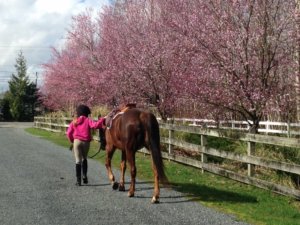
Once you are both in the stall and your friend is settled, take another two minutes to be with your horse and reflect on the day together. Breathe. Enjoy the smells and sounds and touch of your horse, as they do you. You’ve both been through a lot. Be proud of them, be thankful, and let them show you their appreciation back for all you’ve done to make their post-performance experience a positive one.
The Next Morning — The First Step to the Next Performance
After you arise the next morning go out and spend time with your horse. Say good morning in your way and let them know again how much you appreciate them. Horses don’t shut off or turn the page as fast as we do. Your time after a performance, if it’s positive, can set you up well for the next one. Let them know this new day is a step for you both toward that next positive experience in the arena…and it will be.
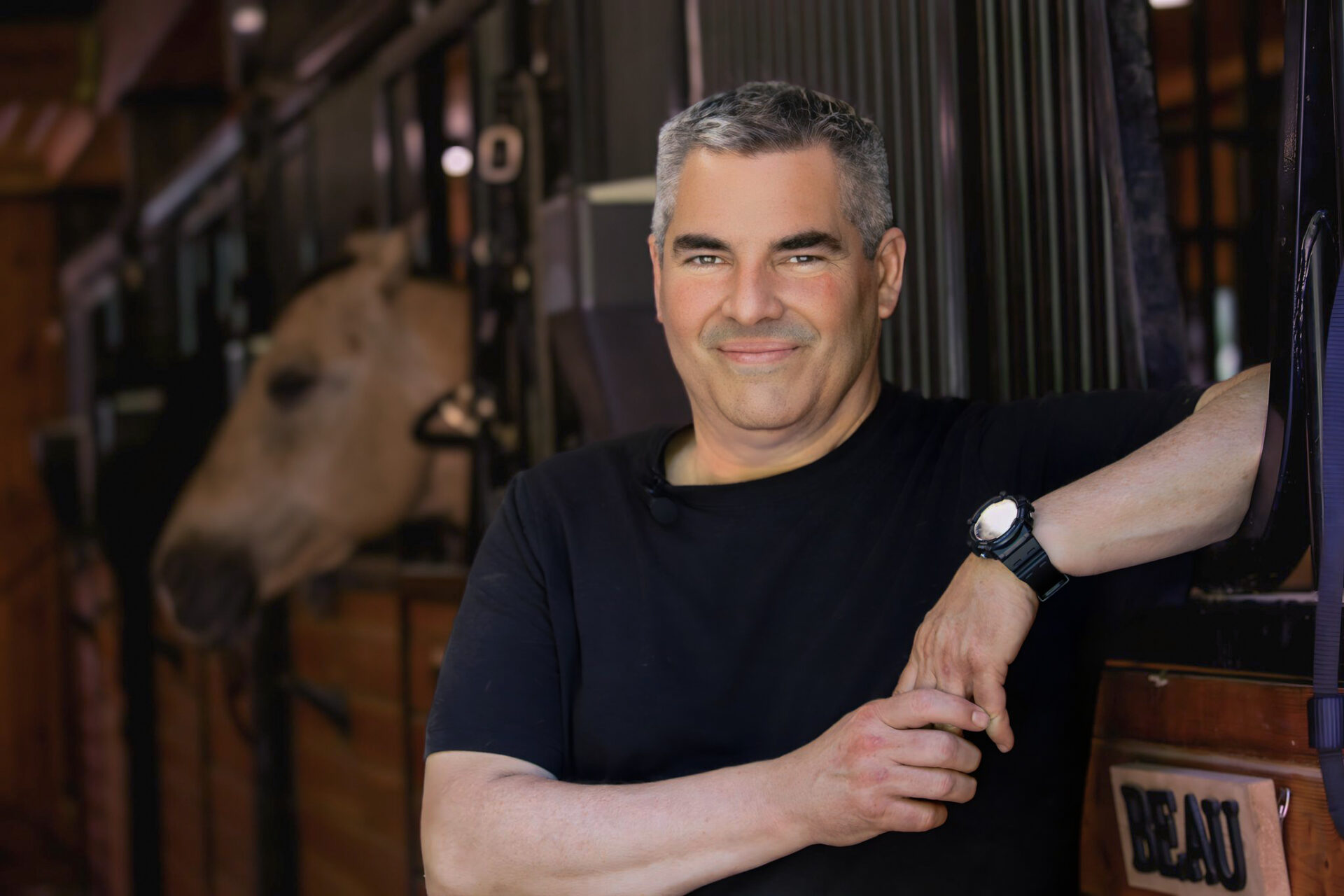
Michael is a lifelong student of the horse, from his childhood in Texas ranch country to his work with conservation districts all over Washington State protecting natural resources while also improving the lives of horses and their human companions. Hipp Equine Consulting serves horse owners across the country as well as conducting workshops at local stables on property management, horse behavior, chore management, and many other practical topics.
[email protected]
(425)-314-9980


